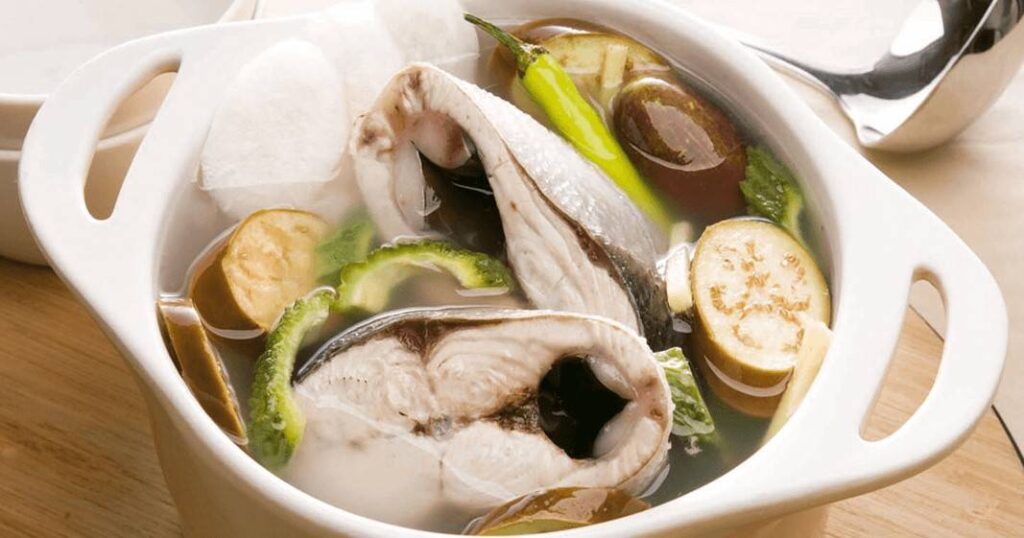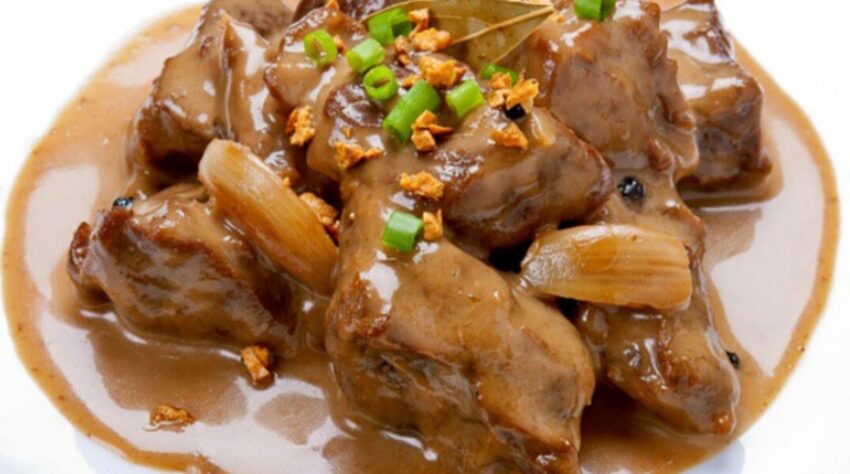In recent years, representatives of the international food scene have been betting that Filipino cuisine will be the next big trend.
Against this backdrop, it is important to ask why the country’s cuisine continues to be so underrated and why so few people have tried its unique dishes?
The cuisine, after all, has complex layers of flavor and techniques that remain international, as well as ingredients that people are not yet familiar with. If you deconstruct a dish and explain to consumers the role of each ingredient, they will feel the layers of flavor.
Filipino cuisine is a young cuisine. And even though some of it has been influenced by its colonial past and other Asian cuisines, it is time for Filipinos to own their own dishes and show the world that they are alive.
Some Philippine cuisine dishes starting to conquer the world
Kinilaw and Sinigang
Often associated with Peruvian ceviche, kinilaw is actually very different. For beginners, it’s a good place to start because it’s a fresh cuisine. It’s very different from ceviche, which uses lime, but it deserves its own space in international cuisine.
It is raw fish “cooked” with Filipino vinegar. It is a uniquely flavored dish in Southeast Asia. An acid soup called Sinigang is also a tease for those who try it for the first time. It can be cooked with pork, meat, fish, or large shrimp, but what makes the flavor distinctive is the mix of vegetables and the acidity brought by the tamarinds.
Filipino barbecue
This is a must-try thanks to the unique curing method used in its preparation.
Paksiw
Paksiw is not exactly a dish, but a style of cooking in which both fish and meat are used. While the French usually deal with citrus flavors in food preparation, the Filipinos use vinegar – a lot.

Sweet Spaghetti
Although Italians say that spaghetti should never be sweet, Filipinos disagree. Sweet spaghetti has been a constant appearance in birthday parties and fast food restaurants in the Philippines, and is slowly gaining popularity in other countries. The sauce is made of sweet tomatoes, sausage, and ground beef. Topped with cheddar cheese, it is a must for the curious, who won’t let other people decide how their food should be.
Adobo
Myrna explains that another thing novices should learn is that techniques play an important role in Philippine cuisine. The adobo, for example, is a style of cooking, not a particular dish. People who might be disappointed to think that most dishes are made only with chicken and pork should know that adobo is open to many possibilities. When the Philippine ambassador to Germany took her team to cooking schools in Berlin and Hamburg, she ran through the adobo process and even discussed the possibility of making it vegetarian.
After serving her conventional variation with chicken and pork pieces with sauce, she showed her colleagues one of her creations: the adobo pâté. Also made with chicken and pork, the dish is an example of how the method can be introduced to western culture without losing its Filipino characteristics. Myrna’s claim that the cuisine has a place on the international scene was proven correct when the pâté became a hit among students who dream of becoming chefs.
Sisig
Another dish that beginners need to try is sisig, made from pork, which has been conquering the United States – and for good reason. It goes through three processes (it is boiled, sealed, and grilled), and is then enriched with bitter and spicy flavors. There is no lack of taste, while the spices add a certain crispness to the texture.
